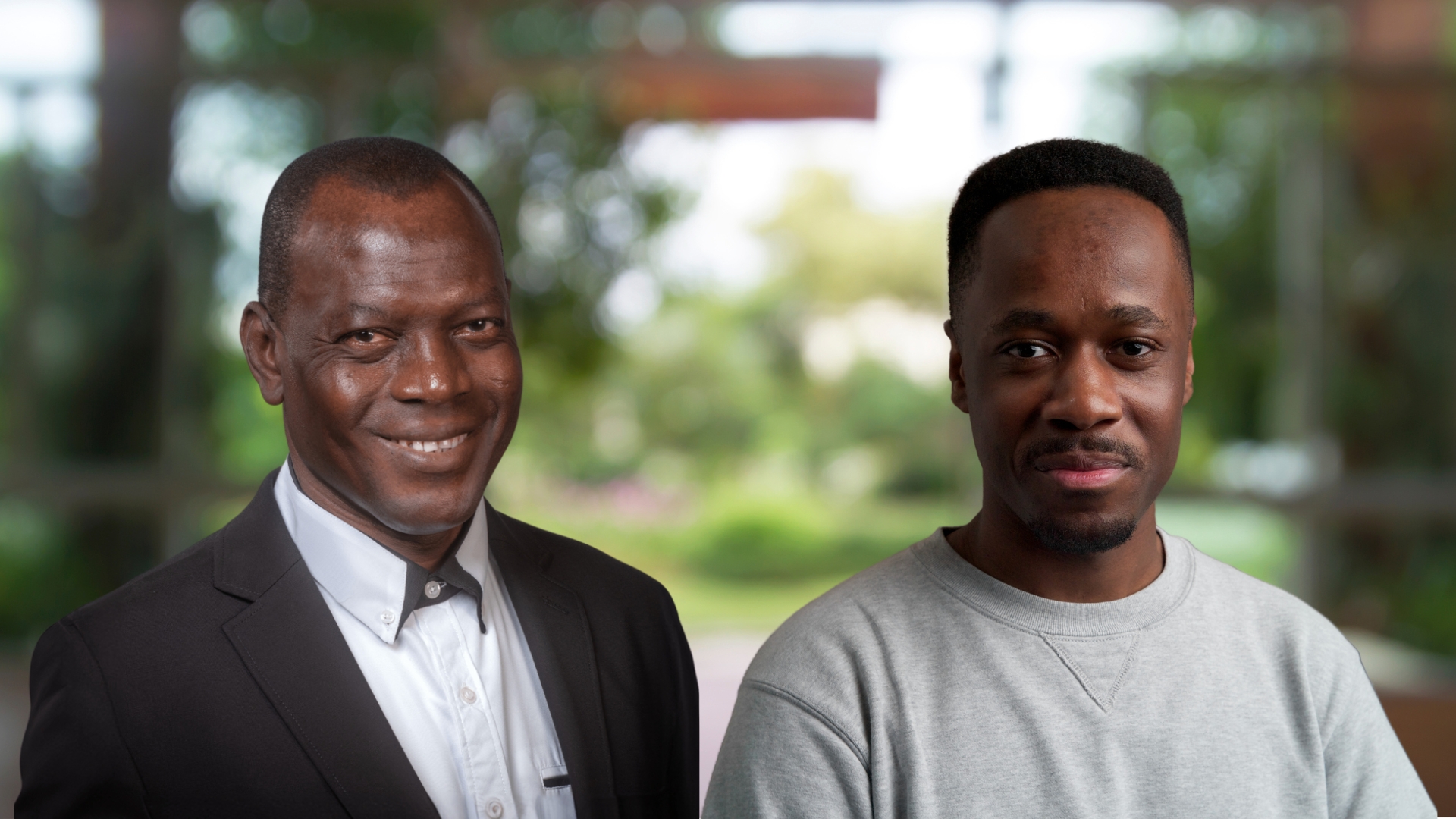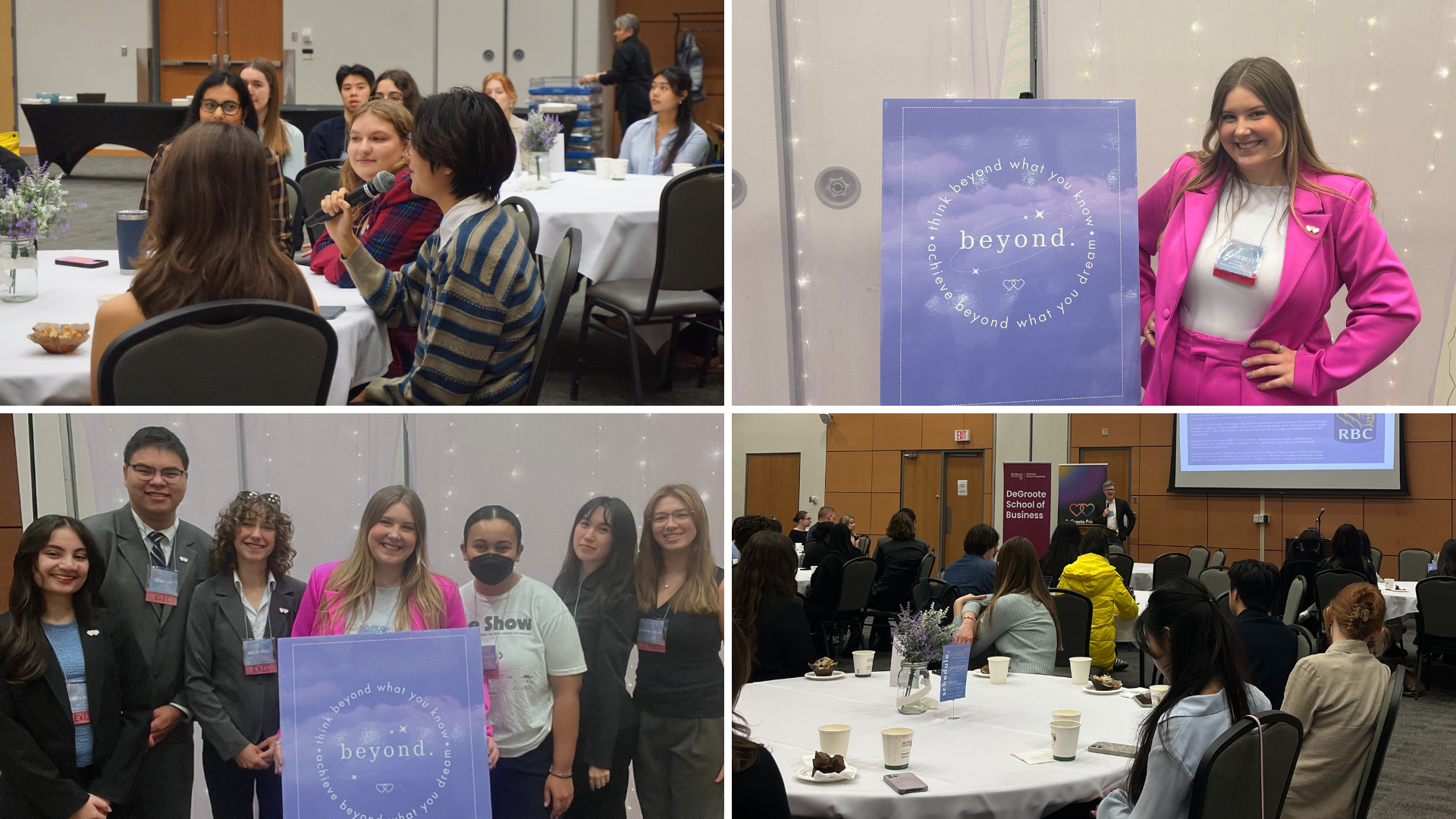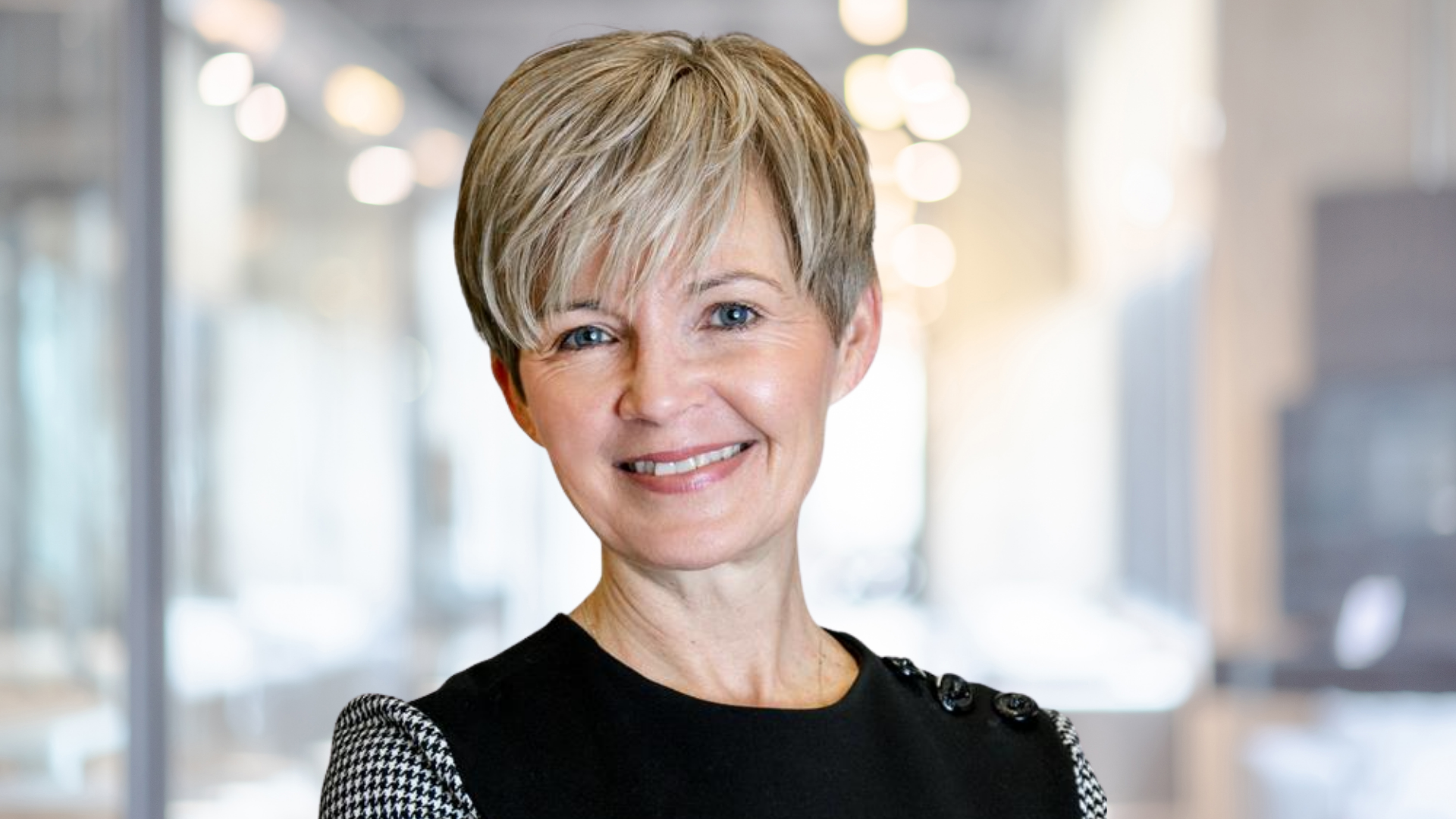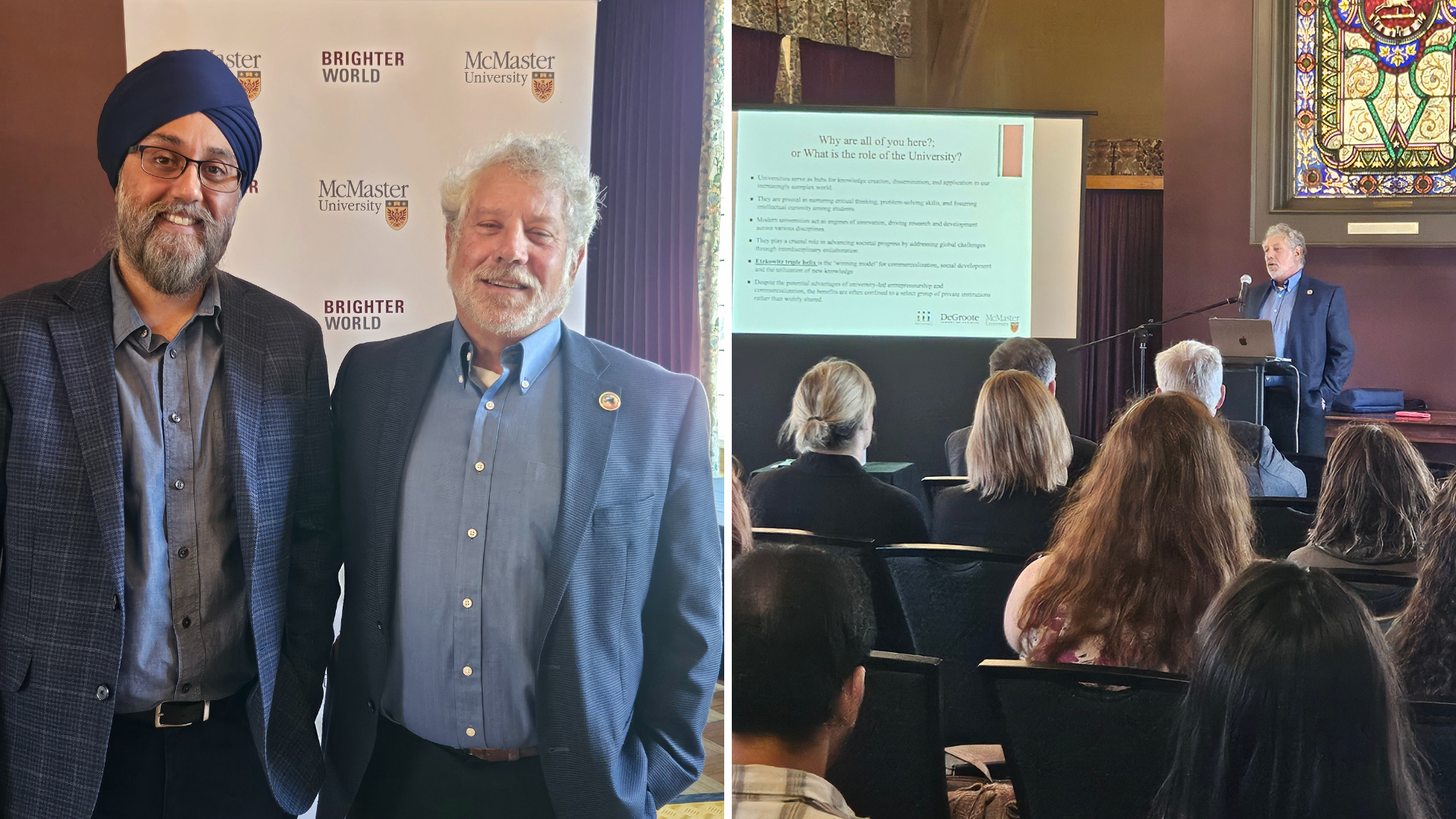ALUMNI STRATEGIC PLAN | INCLUSIVE EXCELLENCE
In Pursuit of Diversity in Tech
February 28, 2024 ·
Contributed by: Izabela Shubair, DeGroote Contributor

As a technology and operations leader, Uma Gopinath has encountered diversity in many facets. For one, her career has taken her to various locations such as Oman, India, Philippines, Tunisia, Vancouver and Toronto. She also has broad experience covering leadership, program management and execution, consulting services, international operations and vendor management. And while Uma is currently the chief information officer (CIO) of the provincial transportation agency Metrolinx, she is no stranger to industries ranging from telecommunications to cosmetics and retail.
Today, the theme of diversity in Uma’s career continues in a meaningful way. The seasoned transformation leader — and recent Directors College Chartered Director Program graduate — is a dedicated champion of diversity and women in tech.
Re-examining Tech Hiring Practices
“Every industry needs to be representative of the society that we live in,” says Uma. “We live in a society that’s 50 per cent women. So, it’s only fair that in every division, including the tech space, you have that 50 per cent women ratio. Right now, it is much smaller.”
A World Bank report reveals that women comprise less than a third of the world’s workforce in technology-related fields. Women hold 28 per cent of all jobs in computer and mathematical occupations and 15.9 per cent in engineering and architecture occupations. Having overcome challenges such as being a woman in male-dominated fields and experiencing pay inequality, Uma is creating initiatives to close the gender tech gap.
Doing so, says Uma, requires a multipronged methodology. At Metrolinx, for example, it starts with the hiring process. Each time the IT team makes an offer to a male candidate, a panel conducts a review procedure. It isn’t meant to stop the offer, says Uma, but rather to see where the hiring process can improve.
“We found that we sometimes did not even have enough resumes from women in the funnel,” she says. “So, it’s not surprising that you end up with no women candidates. We started working on first reaching out to women through platforms like LinkedIn who are in cybersecurity, infrastructure, cloud computing and other relevant areas.
“We also heard things like, ‘She was the second-best candidate, so we’re making this offer to the male candidate.’ My response would be, ‘She’s the second-best because she was never given the chance to be the first-best.’ Having those kinds of courageous conversations and questioning standard practices is one way to improve diversity in the tech space.”
Creating Diversity-Driven Initiatives
Uma’s efforts and courage are paying off. When she started at Metrolinx three years ago, the small IT team consisted of less than 15 per cent women. Since then, the team has tripled in size and now contains close to 35 per cent women. At the senior management level, Metrolinx averages 40 per cent women. Diversity, Uma says, is woven into the Metrolinx culture.
“This is better than the industry average,” she says. “And there hasn’t been a single case of performance issues. The work is getting done. We published a manifesto within our team called The Leadership Manifesto. We talk about courageous conversations. We talk about authenticity. We talk about transparency, diversity, equity and inclusion. We empower the team to come and challenge us if we don’t live up to any of those principles.”
Uma’s work transforming hiring practices is part of a technology forum for women she started at Metrolinx. The group seeks to develop a pathway for women at Metrolinx IT to become equipped to take on leadership roles. It facilitates everything from networking to identifying and nurturing skills needed for the leadership level.
“We started coaching people, doing mock interviews and networking,” says Uma. “Our HR team also helped us bring in leaders to talk about their stories. And then, we started bringing people from other organizations to talk about how they overcame their challenges. The network has grown to close to 150 people, and we have teams outside of tech wanting to join us.”
Mentors, coaches and sponsors, says Uma, are another part of the success equation for women in tech. She recommends engaging multiple mentors simultaneously, as each person brings a different perspective. Coaches, meanwhile, push you out of your comfort zone and encourage self-reflection. And sponsors, says Uma, put your name forward in rooms you are not in.
“It’s okay not to know all the answers because life is a continuous learning journey,” says Uma. “That’s why you must surround yourself with strong people and a network to help you succeed.”
As she seeks to empower women in tech, Uma is also empowering herself — and being recognized for it. She was the 2023 recipient of the Gil Bennett Gold Standard Award. It is presented to a Directors College graduate who demonstrates dedication to raising the bar for professional standards in corporate governance through their progress in the Chartered Director (C.Dir.) program.















